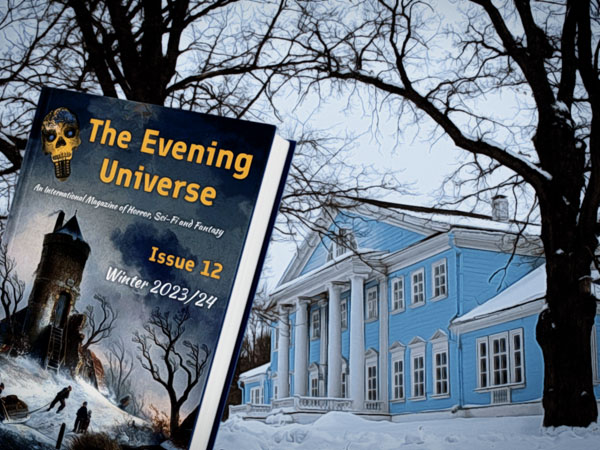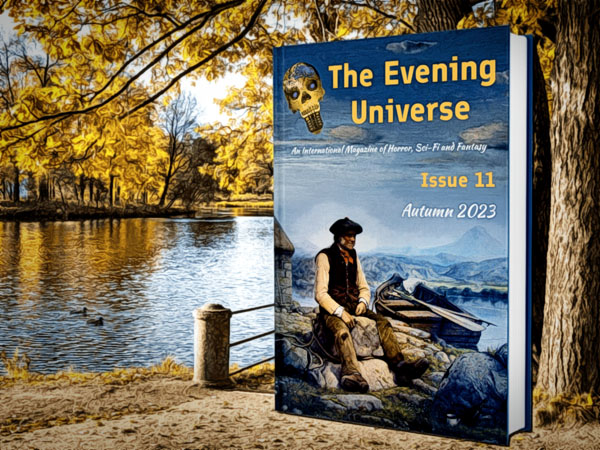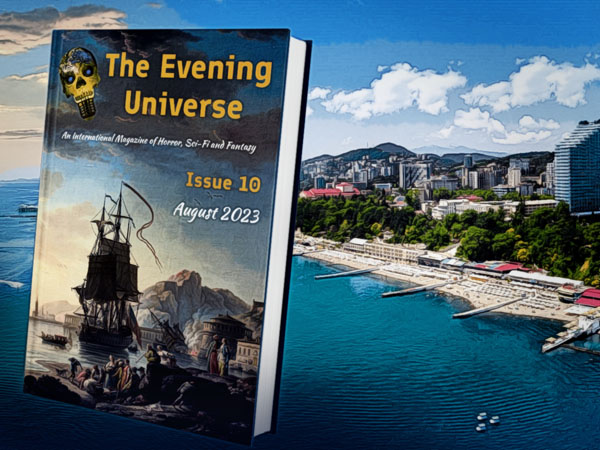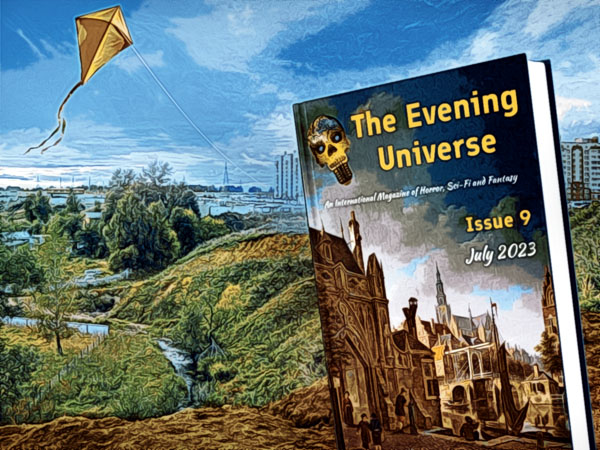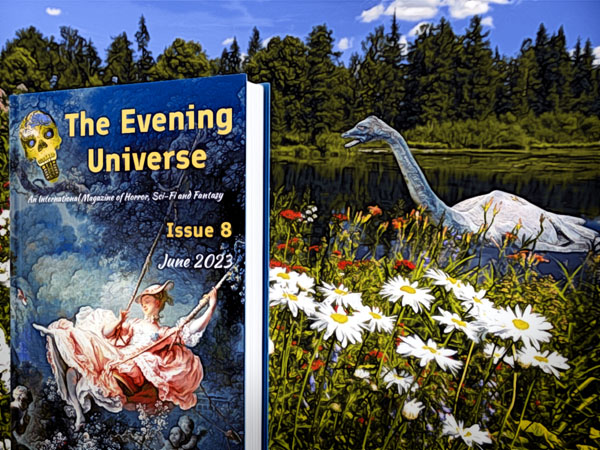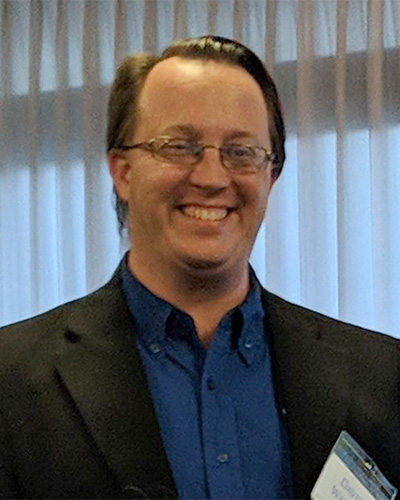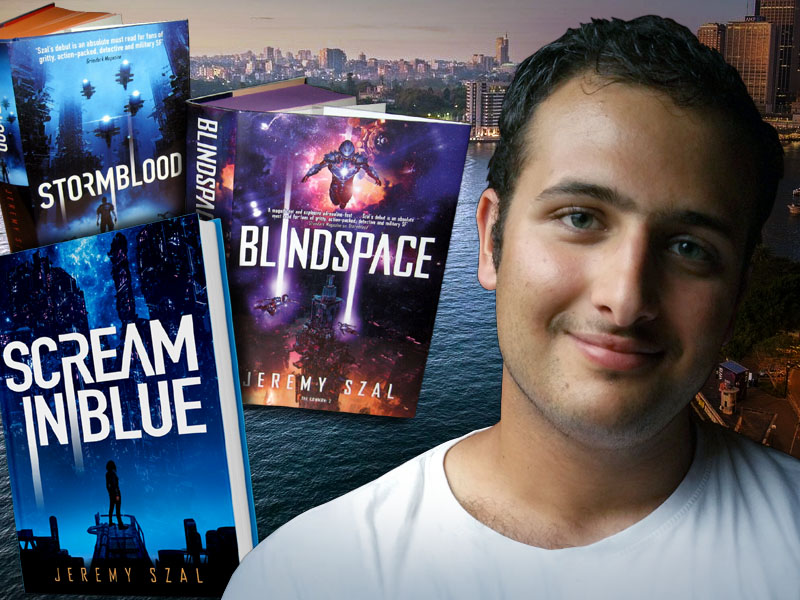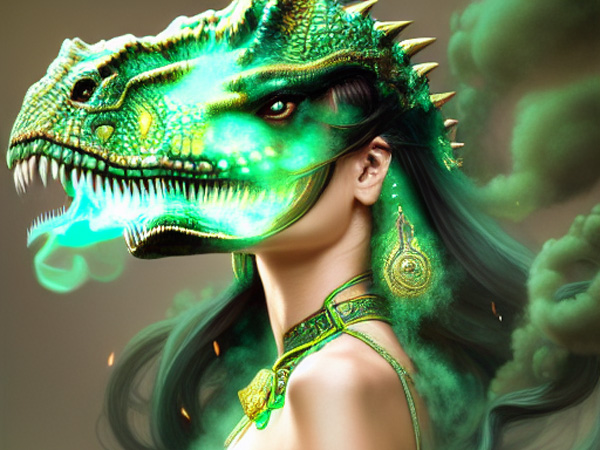
One night, I asked an AI to create some illustrations for my novel Living Memory. (I used the open source Stable Diffusion model.) The results are amazing—a little odd sometimes, and hard to control, but visually stunning nonetheless. It does well with single-subject portraits and landscapes, but not too well with scenes. If there are too many elements, it tends to muddle them all up.
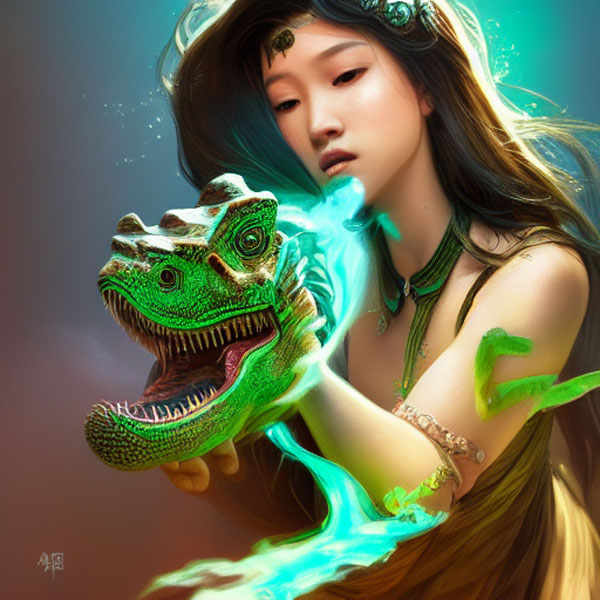
There’s been a lot of controversy about this technology–is it stealing from artists? Will it render human artists obsolete? What it certainly does is grant an incredible amount of artistic power to anyone, even someone like me who has no artistic training or expertise.
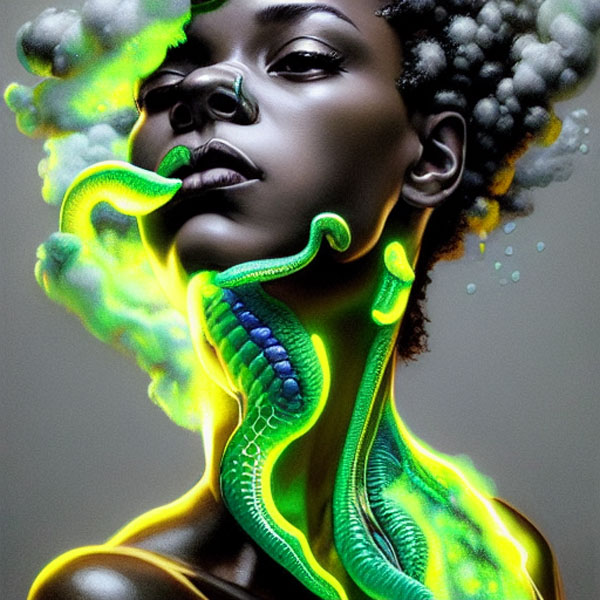
One side of the argument compares this technology to photography: people thought photography would destroy art, since any idiot with a camera could create realistic images, but it turned out that the real artistic part still needed a human. You still need expertise and talent to choose composition, color, a compelling subject, and most of all, to communicate something of value to other humans. On the other hand, AI might turn out to be a very different sort of technology, since it may have the power to accomplish some of those artistic goals we previously thought only humans could accomplish. (Though only on the strength of the millions of human-created artworks it uses to train its engines.)
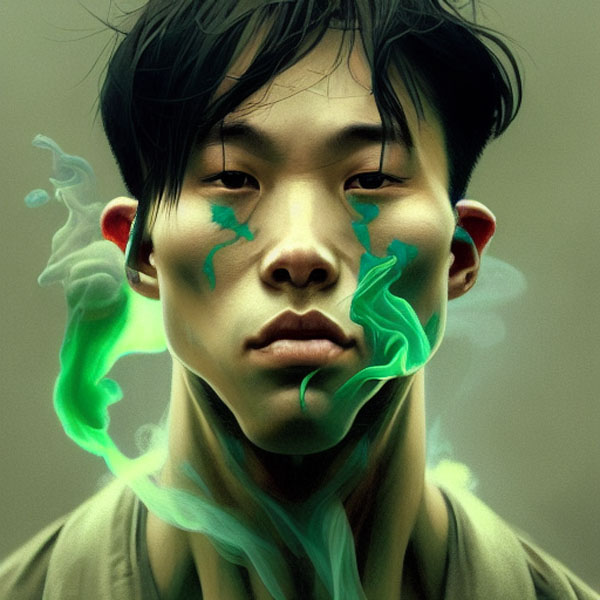
Time will tell whether this is good for artists, in granting them another powerful medium, or bad for artists, since why would I buy a David Walton painting if I could ask an AI to generate a painting of anything I want, but in David Walton’s style? (Not that I have a style.) Despite the headlines about fine art contest wins, commercial art will likely be impacted first, since that is more practical and financially driven. Commercial customers are unlikely to care who created the art, as long as it works to sell product.
And book covers? I can easily see publishers using AI-generated art for their covers in future, which would deprive talented artists of revenue. Technology marches on, and the world changes yet again.

